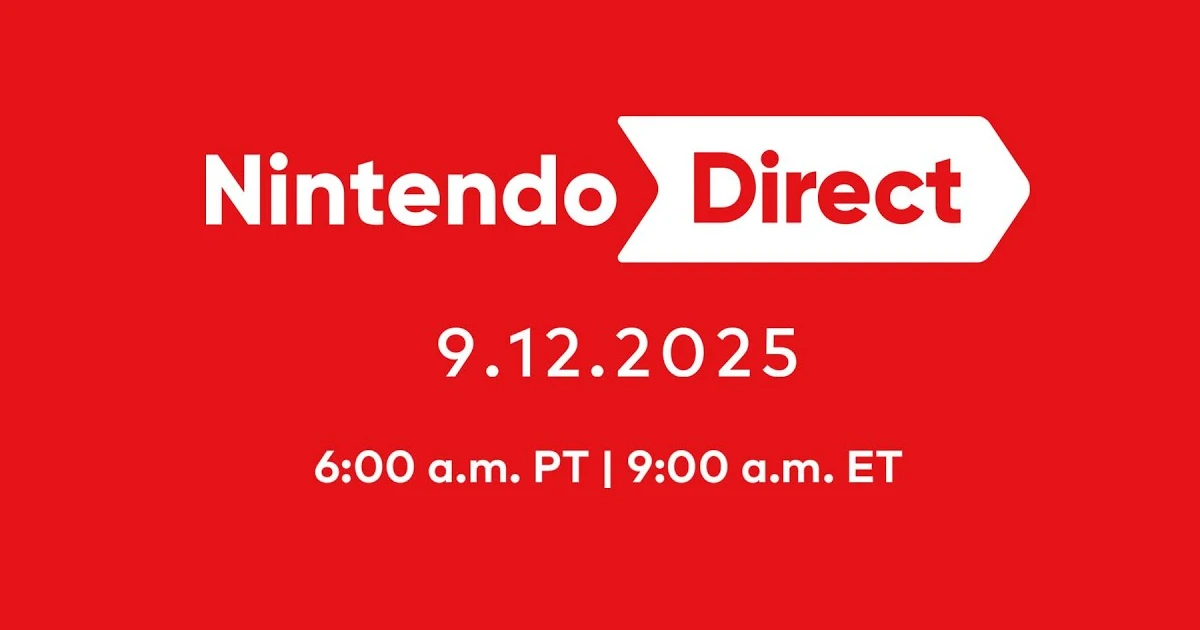their dispute to Europe’s second-highest court on Wednesday.
Since the Digital Services Act took effect in 2022, Meta, TikTok, and 16 other firms in the tech industry have been required to pay a supervisory tech fee equal to 0.55% of their global annual revenue, designed to fund the European Commission's oversight of their compliance with the law.
Both companies, however, are challenging the way the fee was calculated. Meta, the owner of popular social media platforms Facebook and Instagram, took issue with the Commission’s approach, arguing it used data from the broader corporate group instead of focusing on its EU-based operations.
“We are not trying to evade our obligations.” Meta’s representative, Assimakis Komninos, told the five-judge panel. “The way the Commission has calculated the fee remains unclear to us. It lacks transparency, is riddled with inconsistencies, and produces implausible outcomes,” he added.
Komninos pointed out that the Commission’s method goes against the spirit of the Digital Services Act, creating a lack of transparency for companies trying to understand how their tech fees are calculated.
The legal representative of the TikTok social media platform, Bill Batchelor, argued that the fee was not only excessive but also unjustly held the platform accountable for actions taken by users.
“What has happened here is anything but fair or proportionate,” the TikTok lawyer said. “The Commission’s method includes duplicated user counts, for example, when someone uses TikTok on both a phone and a laptop. This leads to an overestimation of active users and skews the fee unfairly.”
Subscribe to our newsletter
Defending the calculation method, Commission lawyer Lorna Armati pushed back against the claims from both Meta and TikTok, arguing that group profits as the basis for tech-fees was both appropriate and justified.
"When a group has consolidated accounts, it is the financial resources of the group as a whole that are available to that provider in order to bear the burden of the fee," Armati told the court.
"The providers had sufficient information to understand why and how the Commission used the numbers that it did, and there is no question of any breach of their right to be heard now, unequal treatment," she also added.
The legal fights involve two separate cases: T-55/24 Meta Platforms Ireland v Commission and T-58/24 TikTok Technology v Commission. The General Court is expected to make a final decision in 2026.
Komninos pointed out that the Commission’s method goes against the spirit of the Digital Services Act, creating a lack of transparency for companies trying to understand how their tech fees are calculated.
The legal representative of the TikTok social media platform, Bill Batchelor, argued that the fee was not only excessive but also unjustly held the platform accountable for actions taken by users.
“What has happened here is anything but fair or proportionate,” the TikTok lawyer said. “The Commission’s method includes duplicated user counts, for example, when someone uses TikTok on both a phone and a laptop. This leads to an overestimation of active users and skews the fee unfairly.”
Subscribe to our newsletter
Defending the calculation method, Commission lawyer Lorna Armati pushed back against the claims from both Meta and TikTok, arguing that group profits as the basis for tech-fees was both appropriate and justified.
"When a group has consolidated accounts, it is the financial resources of the group as a whole that are available to that provider in order to bear the burden of the fee," Armati told the court.
"The providers had sufficient information to understand why and how the Commission used the numbers that it did, and there is no question of any breach of their right to be heard now, unequal treatment," she also added.
The legal fights involve two separate cases: T-55/24 Meta Platforms Ireland v Commission and T-58/24 TikTok Technology v Commission. The General Court is expected to make a final decision in 2026.















